
Sign in to your ScreenRant account
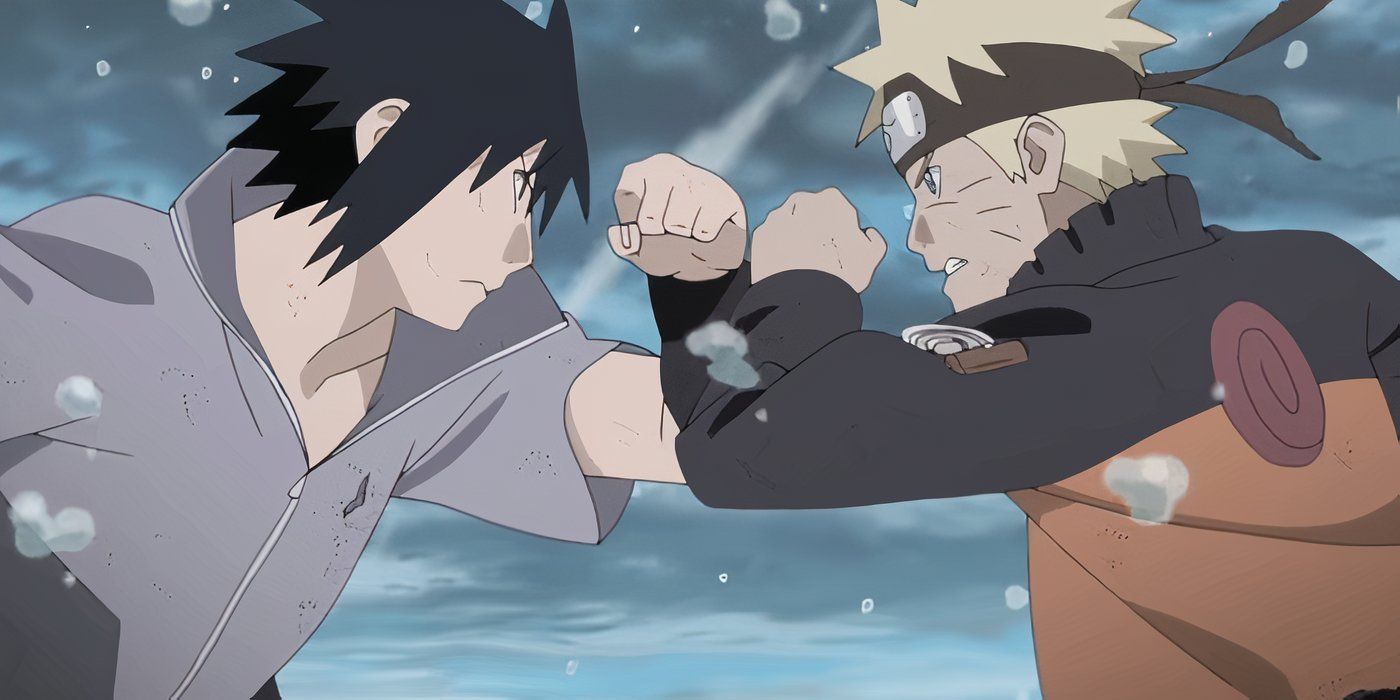
I wouldn't exactly call it being a contrarian, but I like trying to make people think against the grain, even if it's unpopular, and Naruto is perfect for that. I've come out hard against the shinobi world while putting up a heartfelt defense of Akatsuki; I've read Jiraiya's death the wrong way, finding reasons within it to doubt the worth of any so-called "ninja way". I even went as far as saying that Naruto's father being a legendary Hokage undermined the series' themes. In a certain light, I almost look like a Naruto hater—but I'll admit it: Naruto has one of the best endings to ever grace the pages of Shōnen Jump.
I've spent so much time critiquing Naruto because I love it. The things people love are what they know well enough to have fun thinking about them in funny ways. It's love for a story that leads one to understand it so intimately and enjoy it so much that one wants to really pry it apart, dissect it, and interpret it. Naruto's ending is controversial, to say the least, thanks in large part to the Kaguya twist. Everybody has a strong opinion on Naruto's ending in one direction or another. However, focusing on the Kaguya twist, Naruto and Sasuke's resolution, or anything of the like misses the forest for the trees. One critical thing makes Naruto's ending one of the best manga endings of all time.
Naruto's Ending Couldn't Satisfy Everybody
But Naruto Stuck by Its Guns to the Very End
There's something easy to misunderstand about Naruto: Konoha isn't supposed to represent the "good guys". Konoha's representation of the Will of Fire—love over violence as a means to peace—is supposed to be flawed. This is intentional on Kishimoto's end: Naruto's key theme is hope triumphing over all else. Even if the world is flawed, one has to hold out hope that a better world can be built. Falling into an obsession with annihilation, whether of oneself (like the Infinite Tsukuyomi) or society at large (like Akatsuki), is anathema to Naruto's core message. Its world has to be flawed for that point to resonate.
Naruto is a story about hope triumphing over violence, acceptance triumphing over revenge, and all other kinds of opposition that it sets up. Naruto's core disagreements with Sasuke establish their rivalry, and for the entire series, Kishimoto had always intended for it to end with a final huge confrontation between the two. Naruto could never "save" Sasuke by converting him to his hopeful idealism until the very end—this is by design.
Arguments in favor of Naruto's ending rarely take this into account. Whether the Kaguya twist is narratively strong can't be separated from whether it's thematically strong. Whether Kaguya came into the fold or not, the essential dualities of Naruto were already at play with the Sage of the Six Paths and the Otsutsuki reincarnation twist. Even the Otsutsuki reincarnation twist has been criticized for being ham-fisted.
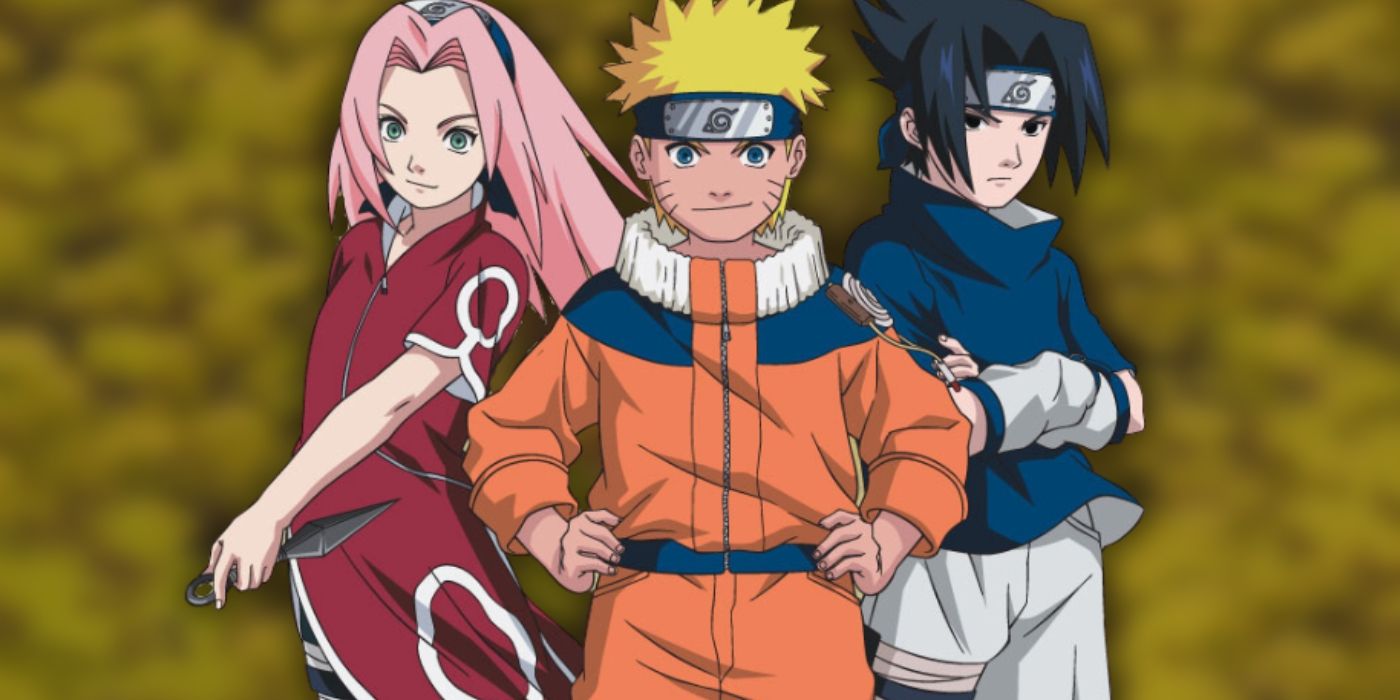
Related
9 Naruto Moments That Should Live In Your Head Rent Free
Naruto has become so popular for a reason: here are its best moments, featuring Itachi, Rock Lee, Deidara, and some unexpected choices too.
However, the entire Otsutsuki clan exists to keep Naruto's themes from becoming muddled. The fact that Naruto and Sasuke are reincarnated brothers with strongly opposing ideals, and that this duality played into the Senju and Uchiha clan disputes since time immemorial, serve to zero in on what was actually Naruto's core concept: the absolute and unyielding choice of nonviolent versus violent paths to peace.
Although its presentation might seem absurdly forward, these controversial twists actually protect Naruto's basic ideas, keeping its themes strong to the end. Kaguya is an overwhelming, devastating, and almost insurmountable representation of the desire to give up and stop fighting for a better reality; the moral at the heart of Naruto overcomes her.
Naruto's ending isn't perfect, by any means. There are plenty of things that can be validly criticized. Kaguya's value is muddy, to say the least; the Black Zetsu/White Zetsu twist is unnecessary at best, forced at worst; and there's something to be said for the overall value of Naruto's ideological and moral commitments—if he wins over Sasuke after a climactic battle that brings both to the brink of death, did peace really win at the end of the day? However, it remains one of the best endings Weekly Shōnen Jump has ever offered.
Manga Rarely End as Well as Naruto
There Are Much Worse Endings Than Naruto's, Even If One Disagrees With It
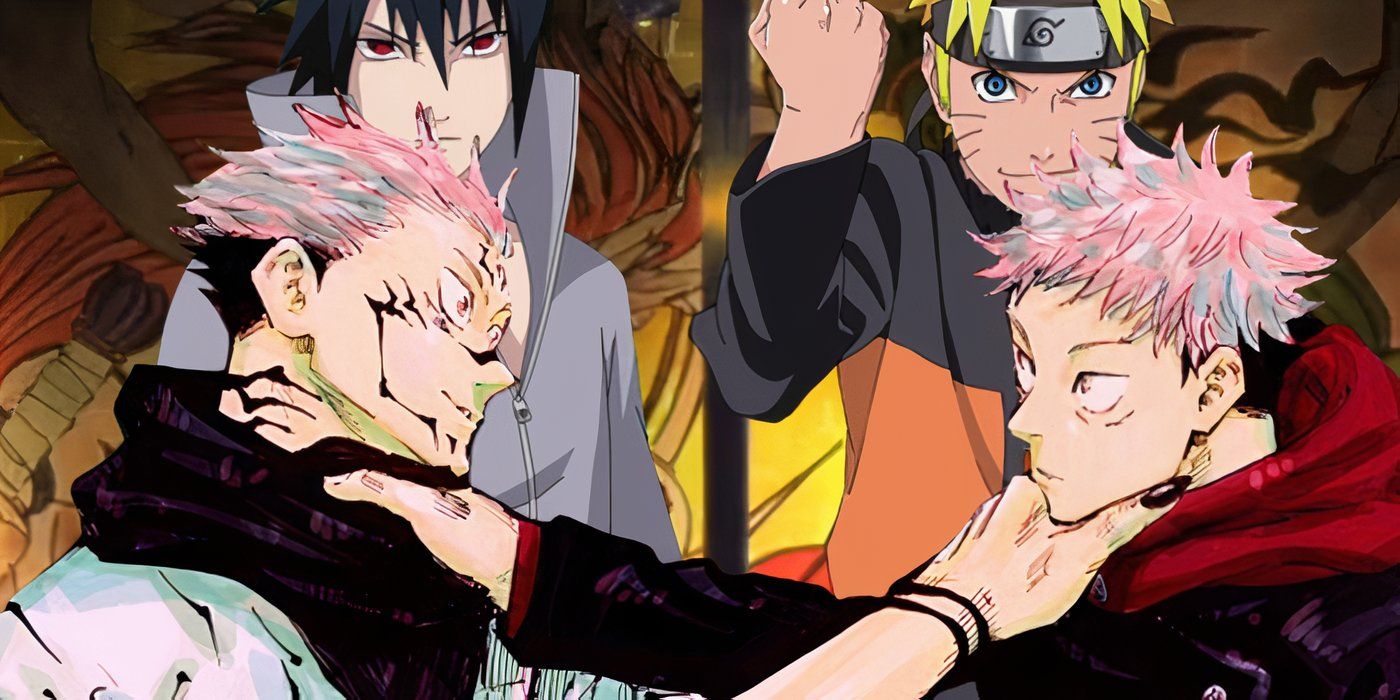
It's hard to define what exactly makes an ending "bad" or "good". Cliché or a lack of surprises alone doesn't necessarily make an ending bad—Jojo's Bizarre Adventure's third part, Stardust Crusaders, ends with a renowned showdown between Jotaro and Dio that, while incredibly hype, doesn't go out of its way to "break rules". Conversely, My Hero Academia's finale was roundly criticized, precisely because a time-leap deflating Deku was entirely unexpected.
Food for thought: why are so many anime fans willing to say that Death Note ends when L dies? What is it about this first ending that makes anything afterward entirely unpalatable? The majority of fans who hate post-L Death Note would say it has to do with a fundamental change thematically and narratively. The heady elements and moral ambiguity making up the first half become murkier, and by the end, it's unclear what Death Note wants to say.
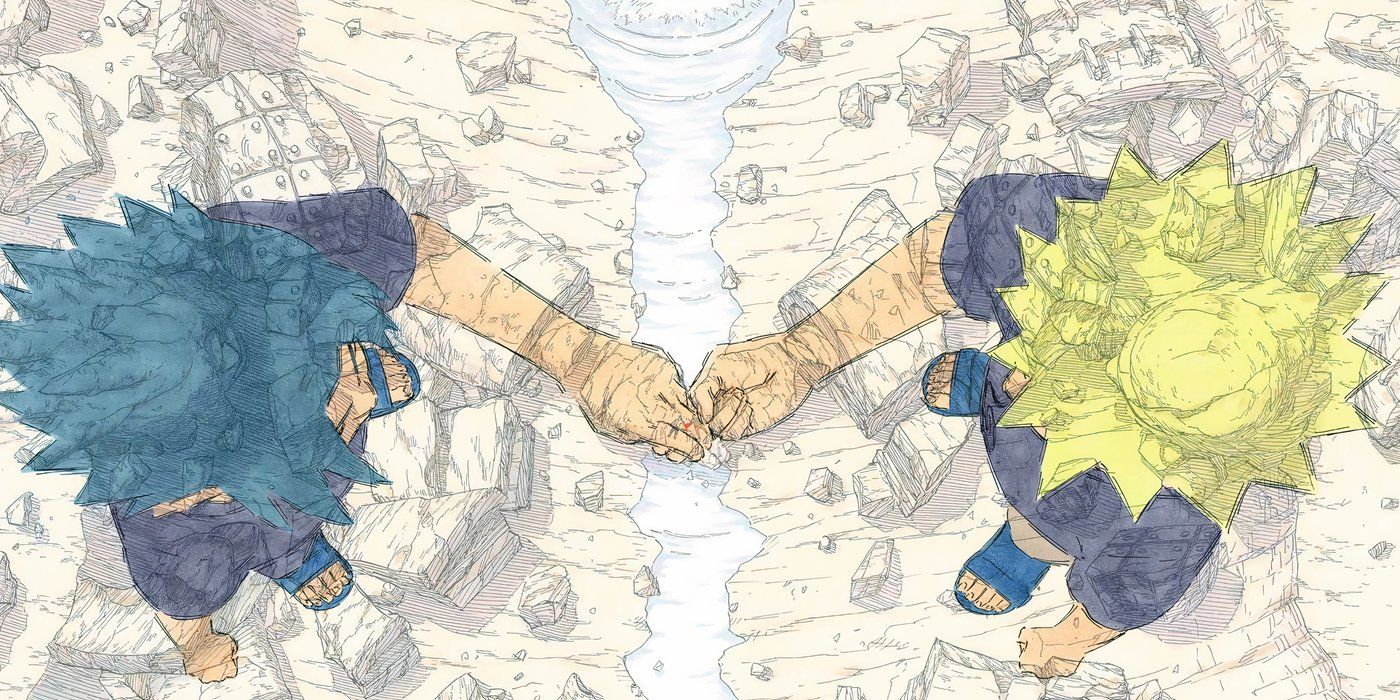
Related
Naruto Ending Explained, Who Won Naruto & Sasuke's Final Fight?
Masashi Kishimoto's story of Naruto and Sasuke features one of fiction's most satisfying conclusions in a final battle that's as epic as it is poetic.
When people complain about loose ends, what they're actually expressing is confusion about the series' intentions. Unhandled loose ends aren't inherently bad—no story is ever truly complete, and the unanswered questions are what provide the opportunity for sequels, prequels, and spin-offs. Rushing through an ending scenario also isn't inherently bad; one could say the entire "slow burn" genre thrives from rushed endings.
It's muddy intentions that make these unpalatable. Jujutsu Kaisen's ending received accusations both of rushing and of leaving behind loose ends. While I think Jujutsu Kaisen actually did a solid job of seeing its intentions and themes through to the end, that opinion only comes from massaging the finale into a reading that I personally like.
Naruto's Finale Is Untouchably Earnest
If a Good Finale Is a Summary of What Makes the Series Tick, Naruto Can’t Be Beat
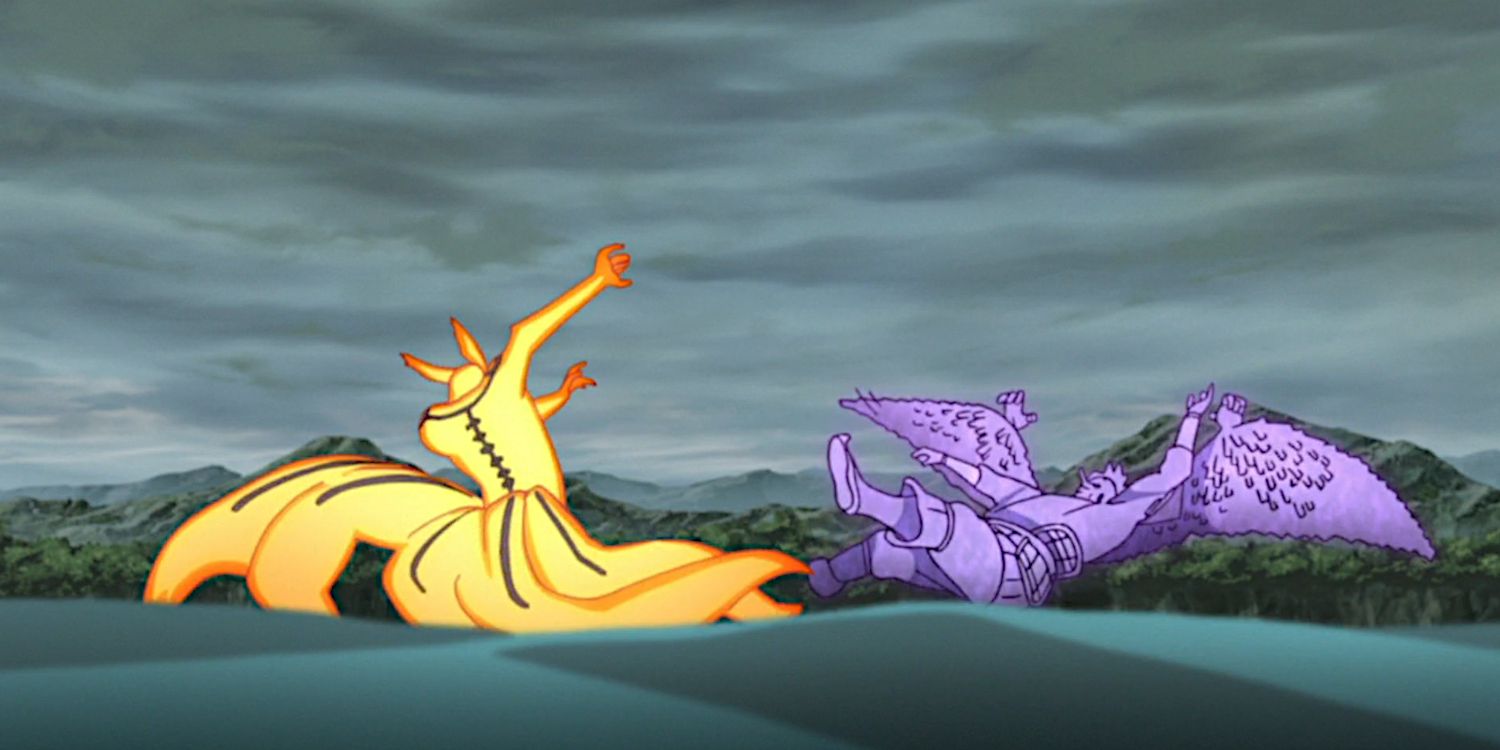
When it comes to the last statements a series makes, feelings of satisfaction come from resonating with the ideas, characters, and scenarios the story has handled all along. Jojo's Bizarre Adventure shows how even formulaic finales can be satisfying in their own way. All except for one of its nine parts end with the Joestar lineage reigning victorious, but the way each finale connects themes, characters, and settings is unique—and uniquely satisfying.
Assassination Classroom's ending is brilliant and utterly brutal, gaining its poignant relevance through the way Koro-Sensei is, ultimately, dehumanized and killed, despite never having been a human. This is because Assassination Classroom spent the entire series playing at the boundary of human and alien, making the seeming distinction clear away—only to come back in a horrifying display.
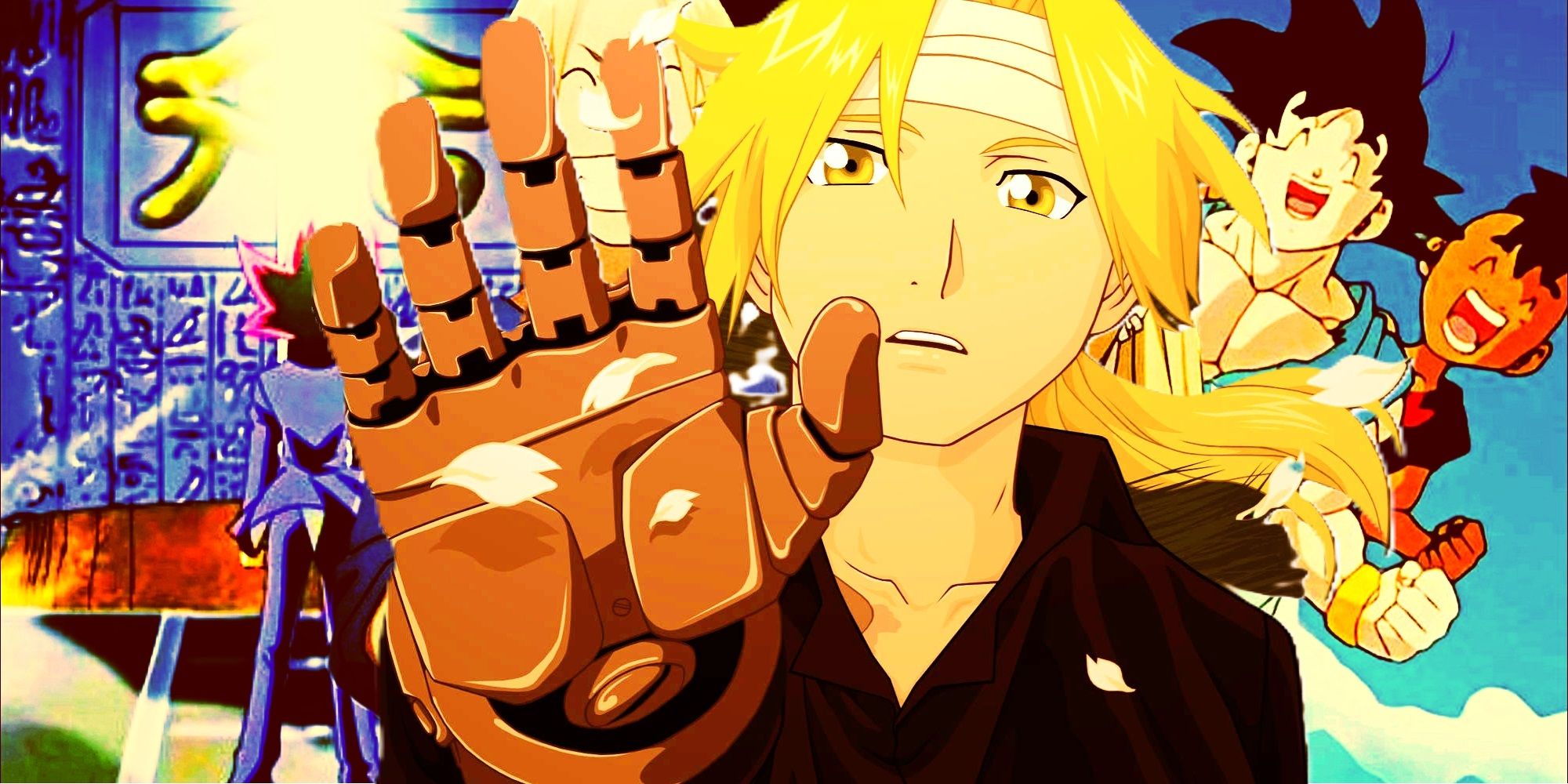
Related
10 Satisfying Anime Endings That Made The Journey Worth It
Either happy, heartbreaking, or ambiguous, there are several anime endings so well-crafted that make the experience of watching the series worthy.
The finale of a series is a final declaration of its intentions and themes, and that's the most important thing. Naruto's ending is willing to obliterate the entire material reality of the ninja world and fundamentally remove agency from everybody so that its underlying idealism can shine. The idealism had always been there, and regardless of whether the Kaguya and reincarnation twists happened, it would have remained in some other form.
Naruto's ending saw its dualistic themes play out all the way to the end. In the process of staying true to itself, Naruto joins the ranks of only a handful of Shōnen Jump series to have made such clear and concise statements as its curtains close. Naruto is in the rare company of greats like Rurouni Kenshin and Dragon Ball Z: its finale never existed to satisfy its fans, but to clear away clutter and bare its soul to them.
Your changes have been saved
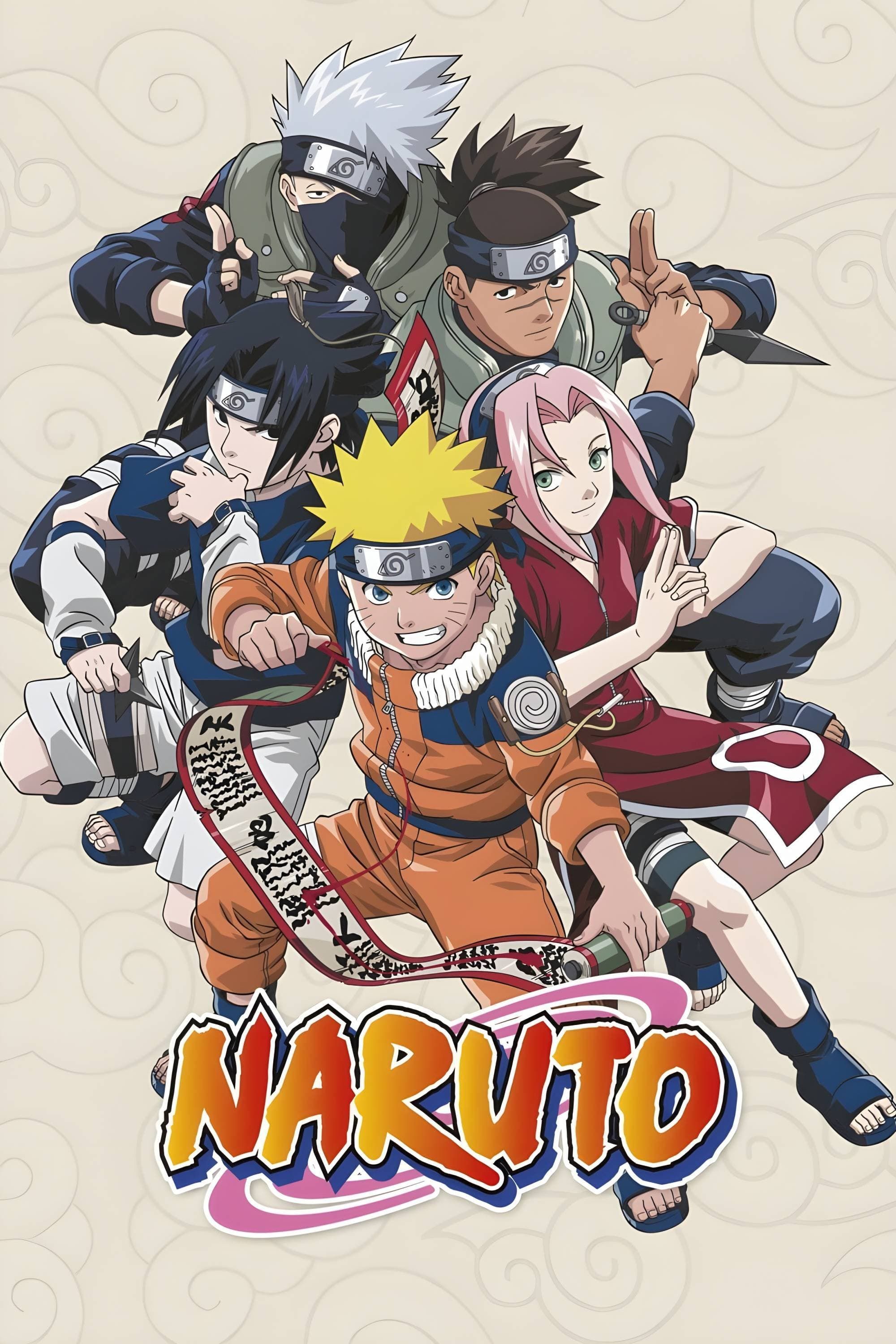
Naruto
Naruto is a franchise spawned from the manga series penned by Masashi Kishimoto that began in 1999. Generating several tv series, games, movies, and more, Naruto follows the exploits of a young outcast ninja harboring the spirit of a demon fox who seeks to become the Hokage, the leader of his ninja village, to break the stigma against him. Upon the conclusion of the initial series, Naruto expanded into Boruto, following many series protagonists' children and returning faces.
First Episode Air Date October 3, 2002
Cast Junko Takeuchi , Maile Flanagan , Noriaki Sugiyama , Chie Nakamura , Kazuhiko Inoue , Nana Mizuki , Hideo Ishikawa , Yûko Sanpei
Character(s) Naruto Uzumaki , Sasuke Uchiha , Sakura Haruno , Kakashi Hatake , Itachi Uchiha , Hinata Hyuga , Gaara , Jiraiya , Tsunade , Orochimaru
Summary
Naruto is a Japanese manga and anime franchise created by Masashi Kishimoto. It follows Naruto Uzumaki, a young ninja striving for recognition and aiming to become the Hokage, the leader of his village. The franchise has a global fanbase due to its rich storytelling, character development, and themes of perseverance and friendship. It has expanded into anime series, films, novels, video games, and more. The sequel series Boruto continues the story, focusing on Naruto's son, Boruto Uzumaki.

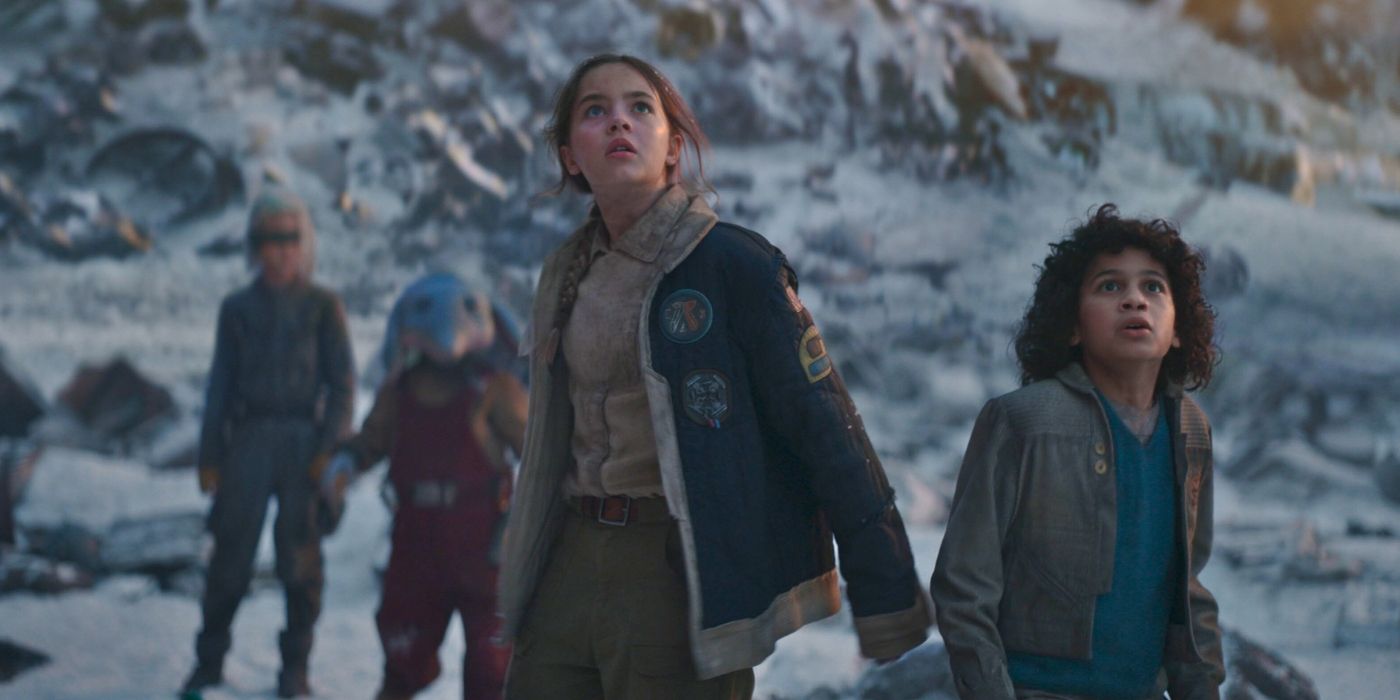
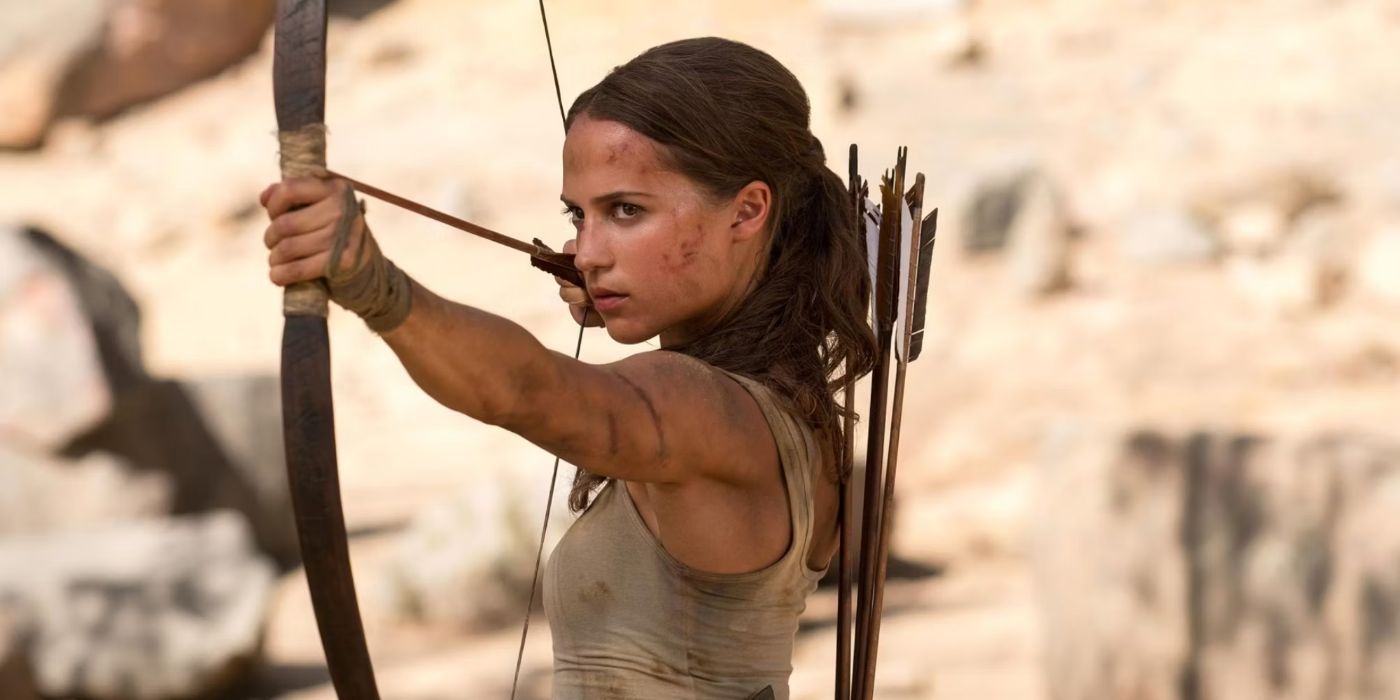
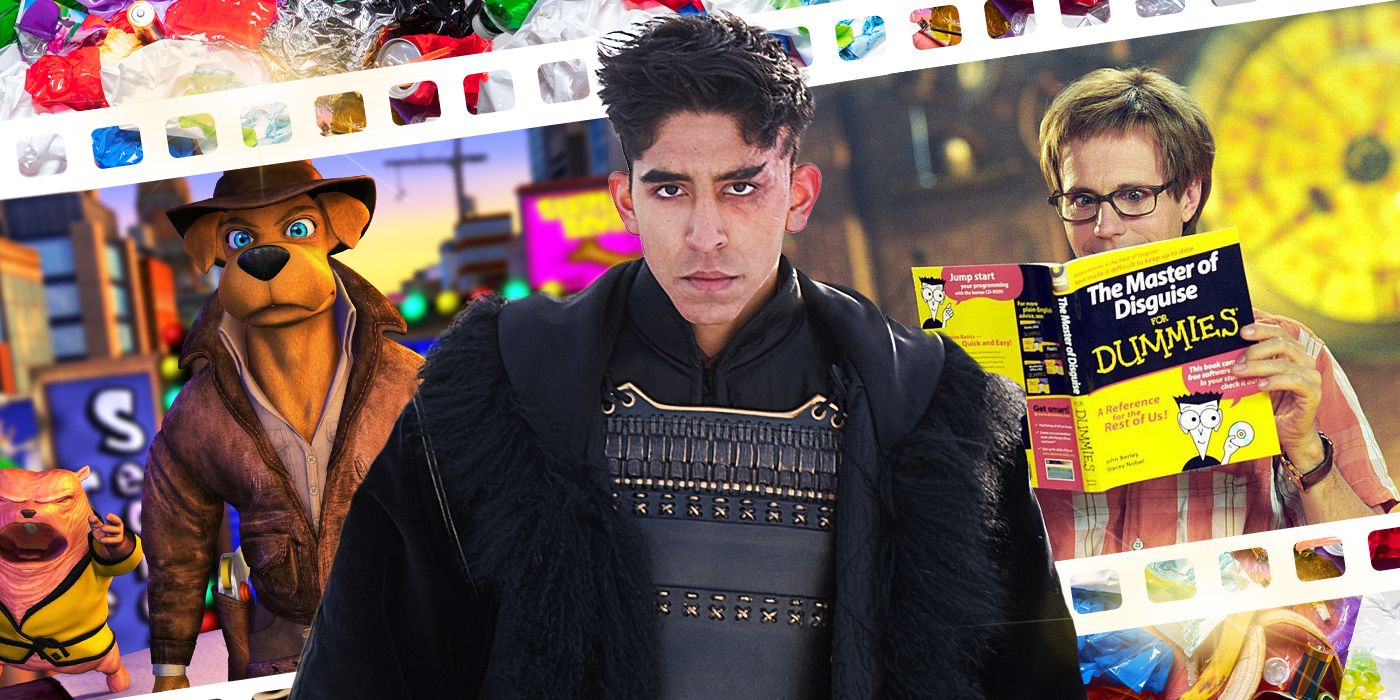


:quality(85):upscale()/2024/06/27/002/n/43463692/273a0466667defdb06a697.27831546_.jpg)

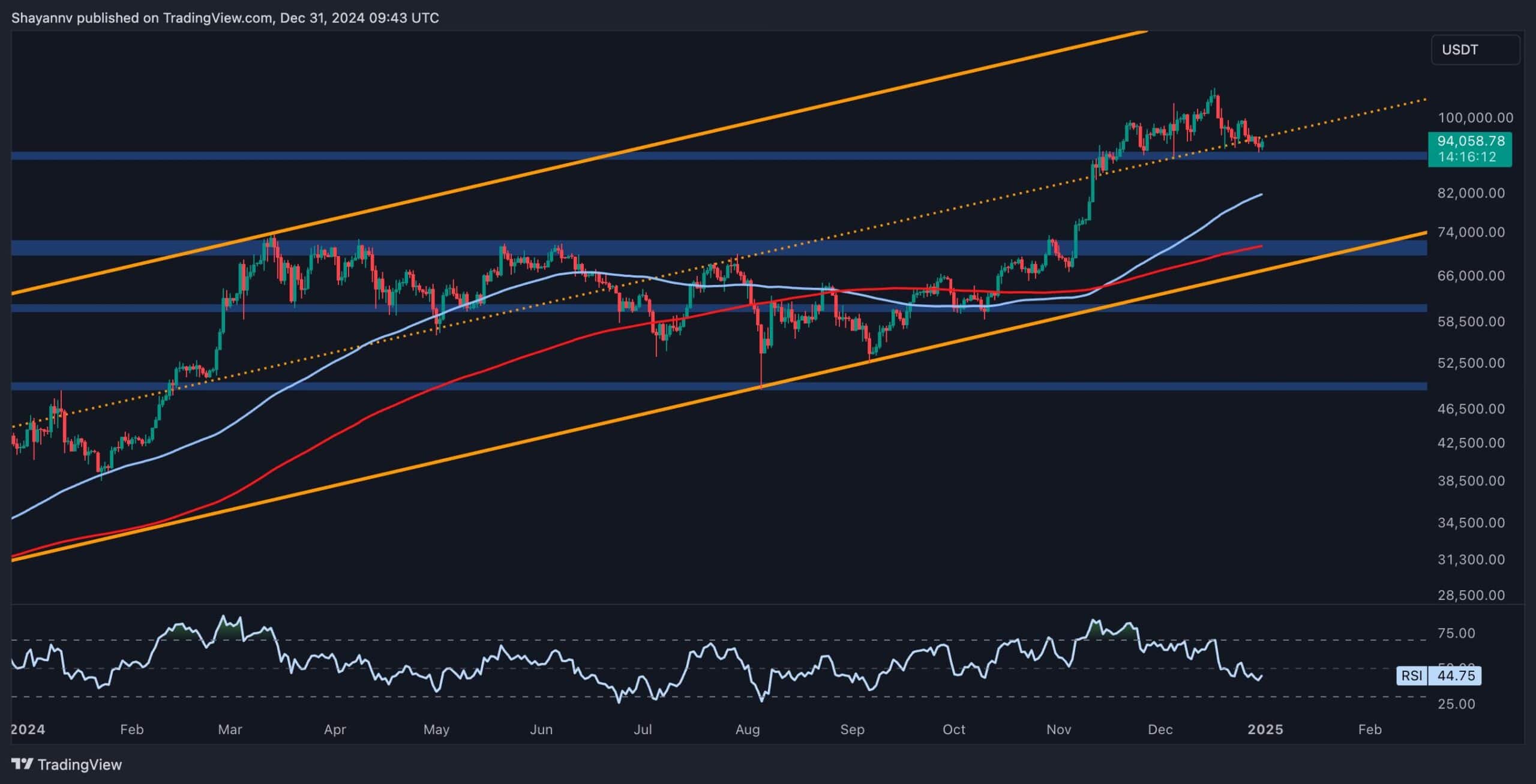
 English (US) ·
English (US) ·